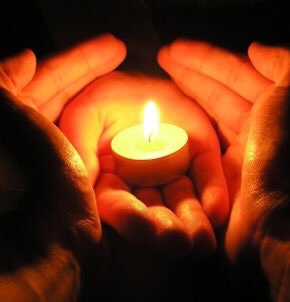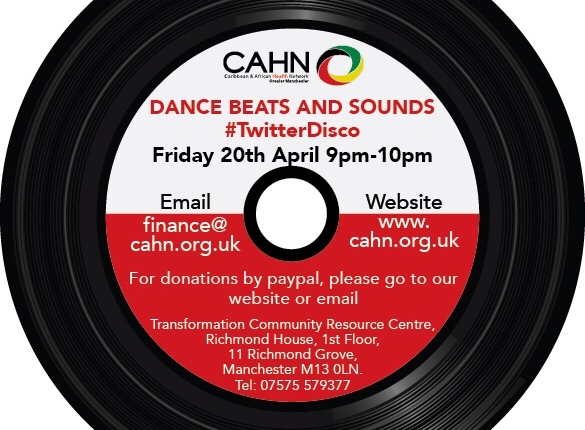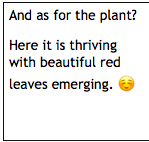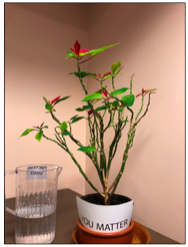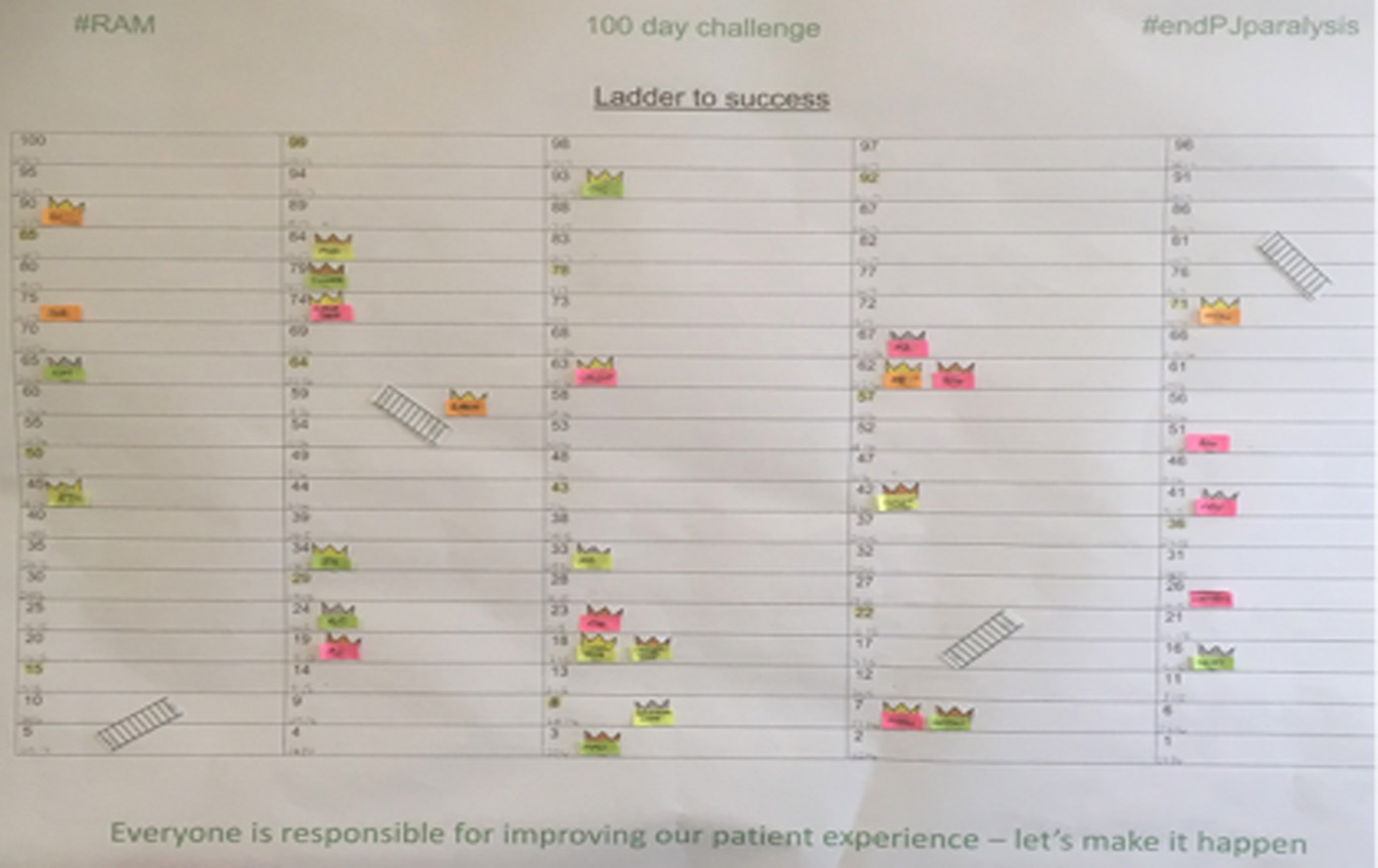“Paying attention on purpose, in the present moment, non-judgmentally, with compassion, curiosity and acceptance”
I am a health care professional my main background being in midwifery. Becoming a midwife enabled me to support women and babies. To be present and be an enabler at one of life’s greatest miracles- the arrival of a new human life. Midwifery involved me in the miracle of life, and being able to be present to help and support women and their families was a wonder in itself. I felt in awe with the moment.
Before becoming a midwife, I trained as a general nurse and have always had an interest in palliative care. My father died of motor neuron disease in a hospice, I had always wanted to work in the hospice environment, to give back – to offer something to help – after the experience of care I had encountered with my father.
After taking retirement for my substantive position as a Professional Midwifery Advocate, I applied to the local hospice as a volunteer, I was accepted to teach and share the practice of mindfulness to hospice day patients.
Mindfulness is all about the gift of presence. It is not about emptying the mind but rather becoming present to what is. It’s an openness to presence and the discovery of what is all around us and inside us.
I am trained in Mindfulness but have not worked in hospice settings. I drew inspiration from Trish Bartley’s work. I had the support from the psychologist, a Buddhist Chaplain and a volunteer.
The course for the day patients was delivered in the middle of the pandemic and via zoom and was facilitated by myself, the Chaplain and a volunteer. The aims of the course were to help these patients to learn and cultivate mindfulness and meditation practices over six weeks. This was through exercises, and reflective enquiry, to enable the patients to come back to the present moment in a loving and kind way.
During the six weeks there was variety of exercises and homework to do. It was advised that the patients start the journey by keeping a journal that is only for them to see.
Our internal reactions to illness can cause a great deal of extra suffering and a huge impact on our ongoing wellbeing.
While we may not be able to change our physical situation, there is the possibility through Mindfulness of developing the internal habit to compassionately respond, rather than habitually react. Through practice, our experiences of shock, anxiety, fear and loss can be held in a different way leading to a better sense of wellbeing. By definition, pure awareness of the present moment can free us from been permanently locked in both the past and the future. By repeatedly accessing this present moment, it helps to create internal space and fosters our sense of ‘being OK’ in that moment.
Mindfulness is not a miracle cure but can help us find and work from a better inward place.
Patients described insomnia, stress and in one case “dark thoughts”.
Mindfulness helps us to develop self-compassion. Compassion is sometimes called the “trembling of the heart”. Christina Feldman writes about,
“Mindfulness is not a magic wand or an end in itself, but a platform where understanding begins – where healing of that which is broken is possible… Transformation begins with having empathy for our own struggles – our heart trembles in the face of difficulty rather than moving into judgment – which we do so fast”.
Mindfulness is essentially making friends with oneself. It can be a powerful anchor and brings about the possibility of being kind towards oneself, developing a different perspective of oneself in a positive and more curious gentle way towards one self.
The six-week course was a journey of self-discovery and connection. For me this journey was very humbling, to share the mindfulness resources/information with the patients, some of which were still undergoing treatment and yet came back to the sessions.
Teaching hospice patients widened my perspective in how I viewed life and potential death. At a time when things may seem out of control (and indeed may be) the little things are important and I saw their power in our sessions.
Part of the six-week course was on how we work with challenge and difficulty.
The meditation exercise and information for this was explained in a safe way for the patients and created dialogue within the group exploring how we can work best with difficulty.
The feedback from the participants was positive and demonstrated that mindfulness has a real place in care across our services and systems.
In writing this I have reflected a lot personally on giving and presence. There is a close connection between the two. The best gifts are those which comes from the heart. They are wrapped in love and kindness and care. Giving a gift whether it be time or energy or a material object at its highest enables a presence to appear – something that connects us with what is best in us and others.
When I think of my own journey from general nursing to midwifery to seeing how the hospice cared for my father, from there to offering Mindfulness training to hospice day patients, I can see how important gifts and presence are.
Denise Cohen
(Thanks to John Walsh for help with this writing)
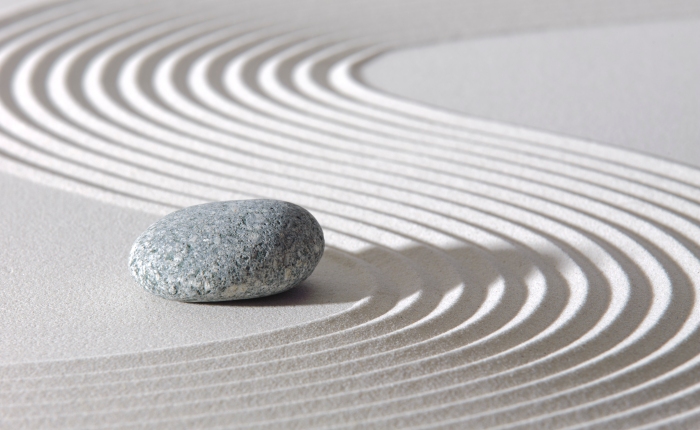

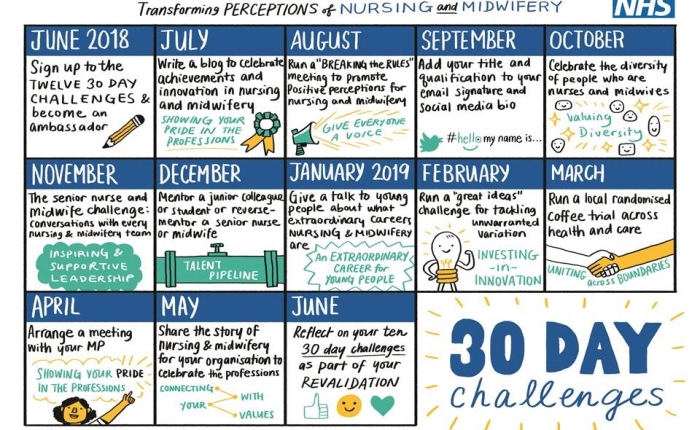
 Well it’s been a long while since I put virtual pen to paper to ramble for a while but there is a good explanation for this, on this occasion it also stretches beyond the usual procrastination that those that have been following this journey have grown used to. They say that moving house is one of the most stressful points in a person’s life and this is one of the many things that I have had to contend with over the past twelve months but that is only the beginning and the move was relatively stress free to if I’m honest.
Well it’s been a long while since I put virtual pen to paper to ramble for a while but there is a good explanation for this, on this occasion it also stretches beyond the usual procrastination that those that have been following this journey have grown used to. They say that moving house is one of the most stressful points in a person’s life and this is one of the many things that I have had to contend with over the past twelve months but that is only the beginning and the move was relatively stress free to if I’m honest. There have so many positive developments over the past twelve months which continue to make my head spin when I take a breath and remind myself about them, developing a tool for us to use on the dementia unit where I am based to deliver care that matters to each person during their stay on our wards, becoming our Trust’s first Nursing Ambassador which seemed like a natural development of my
There have so many positive developments over the past twelve months which continue to make my head spin when I take a breath and remind myself about them, developing a tool for us to use on the dementia unit where I am based to deliver care that matters to each person during their stay on our wards, becoming our Trust’s first Nursing Ambassador which seemed like a natural development of my 